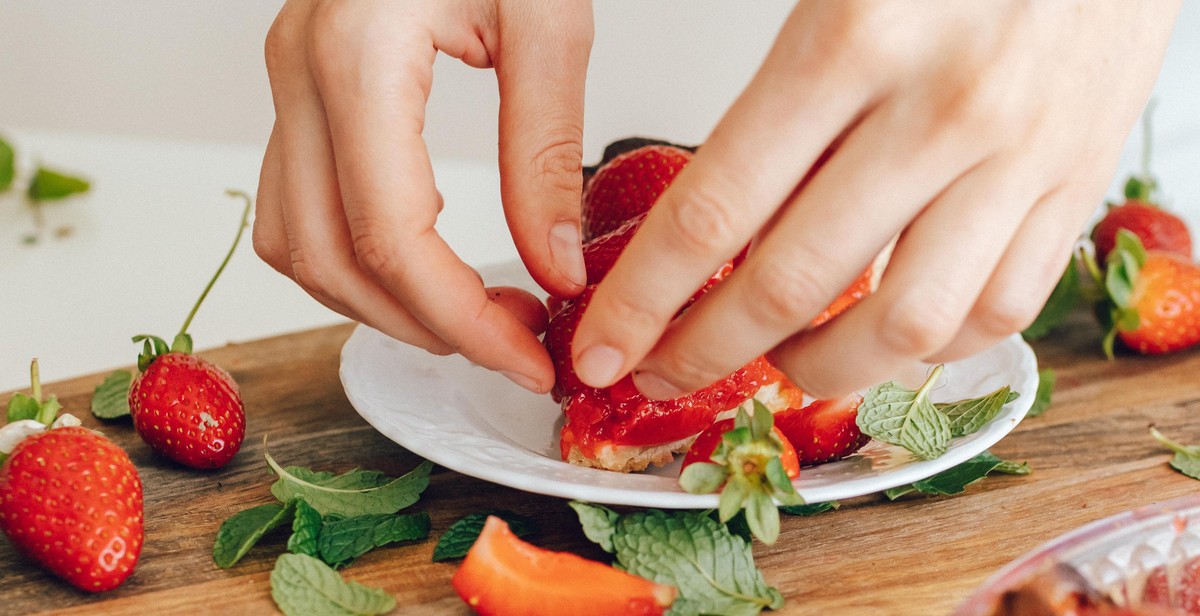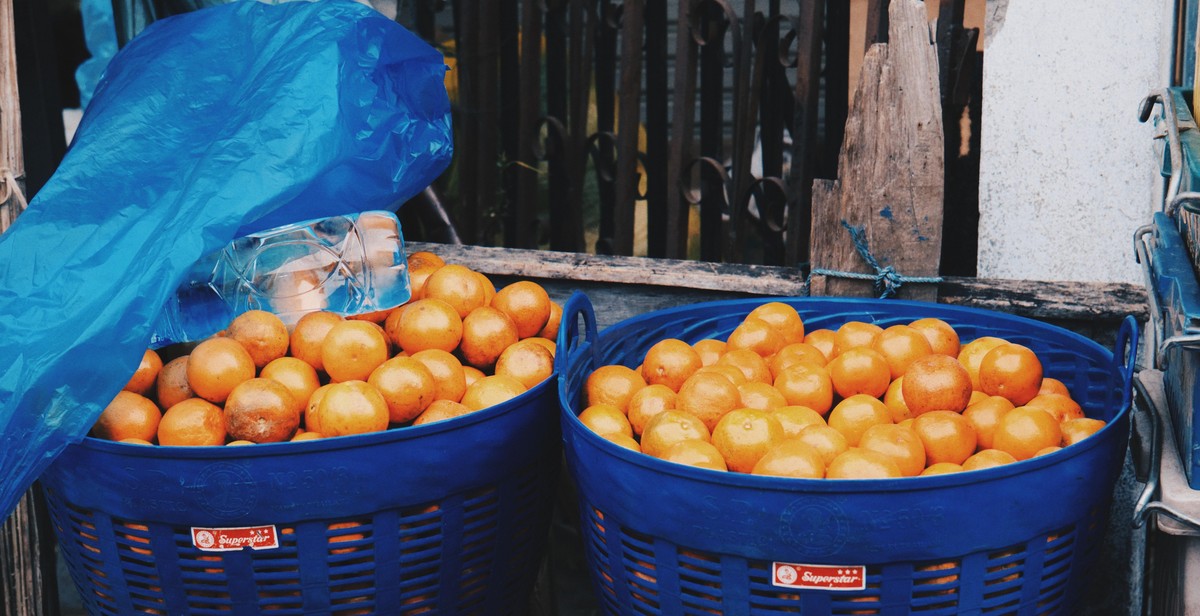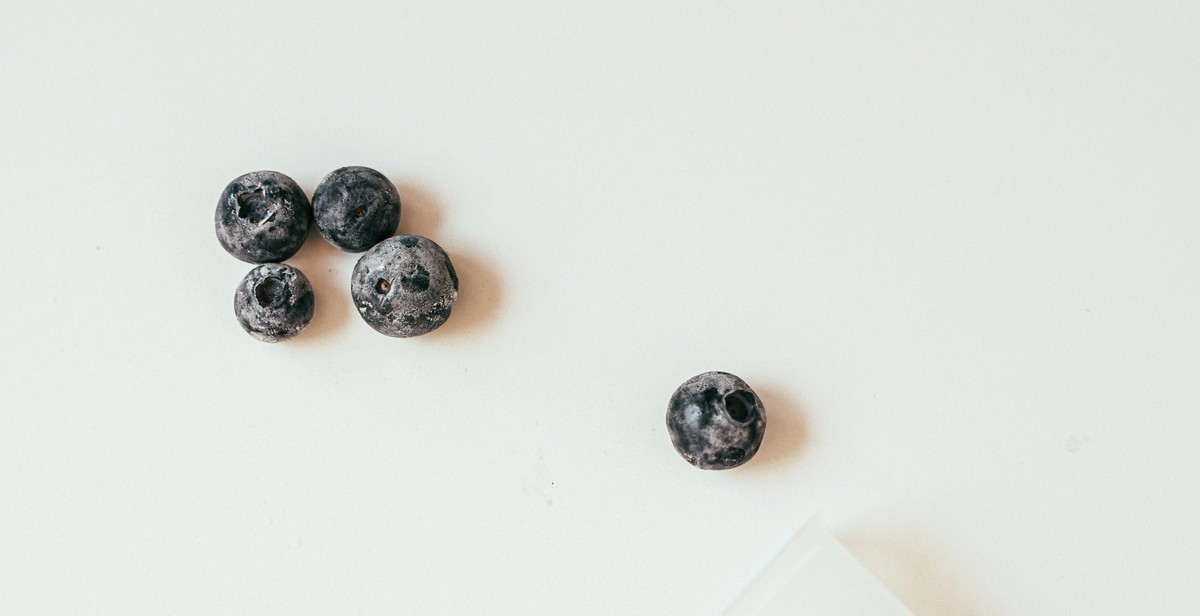How to Freeze Fruits: Preserving Fresh Fruits for Extended Shelf Life
Freezing fruits is a simple and effective way to preserve their freshness and extend their shelf life. Whether you have a surplus of ripe fruit from your garden or want to take advantage of seasonal sales, freezing fruits allows you to enjoy them throughout the year. This article will guide you through the process of freezing fruits, including preparation, packaging, and storage tips.
Why Freeze Fruits?
Freezing fruits preserves their nutritional value and flavor, allowing you to enjoy them long after their season has passed. Freezing also eliminates the need for preservatives or added sugars, making it a healthier option than canned or processed fruits. Additionally, frozen fruits can be used in a variety of recipes, from smoothies and desserts to sauces and jams.
Preparing Fruits for Freezing
Before freezing fruits, it is important to properly wash and dry them. Remove any stems, seeds, or pits, and cut them into desired sizes. Some fruits, such as apples and bananas, may require a coating of lemon juice to prevent browning. Once prepared, fruits can be packaged in a variety of ways, including plastic bags, containers, or jars.
Freezing and Storage Tips
When freezing fruits, it is important to lay them out in a single layer on a baking sheet or tray before transferring them to a container or bag. This prevents them from sticking together and makes them easier to use in recipes. Frozen fruits can be stored for up to 12 months in a freezer set to 0°F or below. When using frozen fruits, allow them to thaw in the refrigerator overnight or use them directly from the freezer in recipes that require cooking or blending.
Why Freeze Fruits?
Freezing fruits is an excellent way to preserve the freshness, flavor, and nutrients of your favorite fruits for an extended period. It is a great way to enjoy your favorite fruits all year round without worrying about spoilage or wastage. Here are some reasons why freezing fruits is a great idea:
Extended Shelf Life
Freezing fruits can extend their shelf life by several months, depending on the type of fruit. This means you can buy fruits in bulk when they are in season and freeze them for later use. This ensures that you always have fresh fruits available, even when they are out of season.
Convenience
Freezing fruits is a convenient way to always have fruits on hand. You can freeze fruits in small portions, making it easy to grab and use as needed. This is especially helpful for busy individuals who don’t have time to go to the grocery store every day.
Cost-Effective
Freezing fruits is a cost-effective way to enjoy your favorite fruits. When fruits are in season, they are usually less expensive. You can buy them in bulk and freeze them for later use. This saves you money in the long run, especially when they are out of season.
Preserving Nutrients and Flavor
Freezing fruits is one of the best ways to preserve their nutrients and flavor. When fruits are frozen, they are preserved at their peak ripeness, ensuring that they retain their nutrients and flavor. This means that you can enjoy the same nutritional benefits and taste as fresh fruits.
Choosing the Right Fruits to Freeze
Freezing is an excellent way to preserve fruits for a longer period. However, not all fruits are suitable for freezing. Some fruits retain their texture and flavor after freezing, while others become mushy and lose their taste. Here are the best fruits for freezing:
- Berries: Blueberries, strawberries, raspberries, and blackberries are perfect for freezing. They freeze well and retain their texture and flavor.
- Stone Fruits: Peaches, nectarines, apricots, and plums are excellent for freezing. They can be frozen with or without their skin and retain their flavor and texture after thawing.
- Cherries: Sweet or sour cherries can be frozen and used for pies, smoothies, or toppings.
- Bananas: Bananas can be frozen and used for smoothies or baking. Peel them before freezing.
- Mangoes: Mangoes freeze well and can be used for smoothies or desserts.
On the other hand, some fruits are not suitable for freezing. These fruits become mushy and lose their flavor and texture after thawing. Here are some fruits that are not recommended for freezing:
- Citrus fruits: Oranges, lemons, limes, and grapefruits contain high amounts of water, which makes them unsuitable for freezing.
- Watermelon: Watermelon contains a lot of water and becomes mushy after freezing.
- Kiwi: Kiwi becomes mushy and loses its flavor after freezing.
| Best Fruits for Freezing | Fruits Not Suitable for Freezing |
|---|---|
| Berries | Citrus fruits |
| Stone Fruits | Watermelon |
| Cherries | Kiwi |
| Bananas | |
| Mangoes |

Preparing Fruits for Freezing
Freezing fruits is a great way to preserve their freshness and extend their shelf life. However, before freezing, it is important to prepare the fruits properly. Here are some steps to follow for preparing fruits for freezing:
Washing and Drying Fruits
The first step in preparing fruits for freezing is to wash them thoroughly. This helps to remove any dirt, debris, or pesticide residues that may be present on the surface of the fruit. After washing, dry the fruits thoroughly using a clean towel or paper towel. This helps to remove excess moisture from the fruit, which can cause freezer burn.
Peeling and Slicing Fruits
Peeling and slicing the fruits is important for several reasons. First, it helps to remove any tough or inedible parts of the fruit, such as the skin or seeds. Second, it makes the fruit easier to use later on, whether you plan to eat it as a snack or use it in a recipe. When peeling and slicing fruits, use a sharp knife and work carefully to avoid injuring yourself.
Preventing Browning
Browning is a natural process that occurs when fruits are exposed to air. While it does not affect the safety or nutritional value of the fruit, it can make it look unappetizing. To prevent browning, you can use an anti-browning agent, such as lemon juice or citric acid. Simply dip the fruit in the solution before freezing to prevent browning.
By following these steps, you can prepare your fruits for freezing and ensure that they remain fresh and delicious for months to come.

Methods for Freezing Fruits
Freezing fruits is a great way to extend their shelf life and preserve their freshness. There are several methods for freezing fruits, including:
Dry Pack Method
The dry pack method involves simply washing and drying the fruit, then placing it in a freezer-safe container or bag. This method works well for fruits that don’t release a lot of liquid when thawed, such as berries or grapes. To prevent the fruit from sticking together, it’s best to spread it out in a single layer before freezing.
Syrup Pack Method
The syrup pack method involves making a sugar syrup and pouring it over the fruit before freezing. This method works well for fruits that release a lot of liquid when thawed, such as peaches or cherries. To make the syrup, combine one part sugar with two parts water and heat until the sugar dissolves. Let the syrup cool before pouring it over the fruit.
Sugar Pack Method
The sugar pack method involves mixing sugar with the fruit before freezing. This method works well for fruits that are naturally tart, such as cranberries or rhubarb. To use this method, simply mix sugar with the fruit to taste and place it in a freezer-safe container or bag.
Unsweetened Pack Method
The unsweetened pack method involves freezing the fruit without any added sugar or syrup. This method works well for fruits that are naturally sweet, such as bananas or mangoes. To use this method, simply wash and dry the fruit, then place it in a freezer-safe container or bag.
Choose the method that works best for the type of fruit you’re freezing and enjoy the fresh taste of fruit all year round!

Storing Frozen Fruits
Proper storage of frozen fruits is crucial in maintaining their quality and extending their shelf life. Here are some tips on how to store your frozen fruits:
Packaging Frozen Fruits
When packaging frozen fruits, make sure that they are tightly sealed to prevent air from getting in. This will help prevent freezer burn and keep the fruits fresh for a longer period of time. You can use freezer-safe plastic bags, airtight containers, or vacuum-sealed bags. It is also recommended to remove as much air as possible from the packaging to prevent ice crystals from forming.
Labeling Frozen Fruits
Labeling your frozen fruits is important to keep track of their storage time and prevent confusion. Write the date of freezing and the type of fruit on the packaging. This will help you identify the fruits and ensure that you use them before their quality deteriorates.
Storing Frozen Fruits
Frozen fruits should be stored in the freezer at 0°F or below. Make sure that the temperature is consistent and the fruits are not exposed to any temperature fluctuations. It is also important to keep the fruits away from the freezer door to prevent them from being exposed to warmer air when the door is opened. If stored properly, frozen fruits can last up to 8-12 months.
By following these tips, you can ensure that your frozen fruits stay fresh and delicious for an extended period of time.

Using Frozen Fruits
Once you have successfully frozen your fresh fruits, it’s time to put them to good use. Here are some tips on how to use frozen fruits:
Thawing Frozen Fruits
Before using your frozen fruits, it’s important to thaw them properly. You can either thaw them in the refrigerator overnight or on the counter for a few hours. Alternatively, you can use the microwave to defrost them quickly. However, be sure to use the defrost setting and check on them frequently to prevent them from cooking.
Recipes for Using Frozen Fruits
Frozen fruits can be used in a variety of recipes, from smoothies to baked goods. Here are some ideas:
- Add frozen berries to oatmeal or yogurt for a quick breakfast.
- Blend frozen fruits with yogurt and milk for a delicious smoothie.
- Use frozen fruits in baked goods such as pies, muffins, and cakes.
- Make a fruit compote by cooking frozen fruits with sugar and a splash of lemon juice.
With these tips, you can enjoy the taste of fresh fruits all year round by simply freezing them when they are in season.
Conclusion
Freezing fruits is a simple and effective way to preserve their freshness and extend their shelf life. By following the proper techniques, you can ensure that your frozen fruits remain delicious and nutritious for months to come.
Tips for Successful Freezing
- Choose ripe, high-quality fruits for freezing
- Wash and dry fruits thoroughly before freezing
- Use freezer-safe containers or bags to prevent freezer burn
- Label and date your frozen fruits for easy identification
- Keep your freezer at 0°F or below for optimal storage
Benefits of Freezing Fruits
Freezing fruits not only helps to preserve their flavor and texture, but it also allows you to enjoy your favorite fruits all year round. Additionally, frozen fruits can be used in a variety of recipes, from smoothies and desserts to sauces and jams.
Final Thoughts
Whether you have a surplus of fresh fruits or simply want to stock up for the off-season, freezing is a great option for preserving their quality and taste. By following these simple steps, you can enjoy the benefits of fresh fruit all year round.
| Step | Summary |
|---|---|
| Choose ripe, high-quality fruits | Ensures optimal flavor and texture |
| Wash and dry fruits thoroughly | Prevents bacterial growth and mold |
| Use freezer-safe containers or bags | Prevents freezer burn and contamination |
| Label and date your frozen fruits | Ensures easy identification and tracking |
| Keep your freezer at 0°F or below | Optimal storage temperature for frozen fruits |
